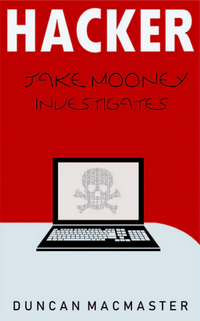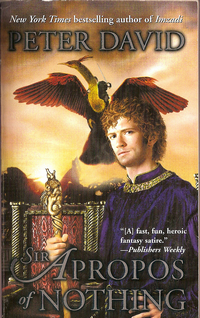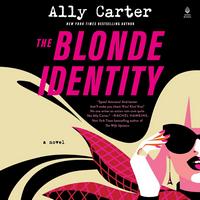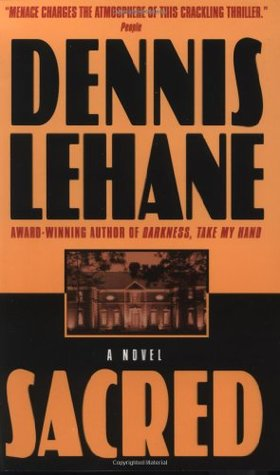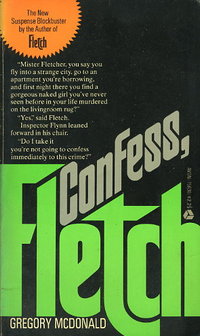Head & Shoulders used to tell us that, “You never get a second chance to make a first impression.” That’s true for wearing dark shirts, and it’s especially true for books. Sometimes the characters will hook the reader, sometimes the premise, sometimes it’s just knowing the author—but nothing beats a great opening for getting a reader to commit. This is one of my all-time favorite openings (and boy howdy, I had a hard time deciding when to stop). The movie adaptation releases this week, so it’s been on my mind.

Fletch snapped on the light and looked into the den.
Except for the long windows and the area over the desk, the walls were lined with books. There were two red leather wing chairs in the room, a small divan, and a coffee table.
On the little desk was a black telephone.
Fletch dialed “O.”
“Get me the police, please.”
“Is this an emergency?”
“Not at the moment.”
The painting over the desk was a Ford Madox Brown—a country couple wrapped against the wind.
“Then please dial ‘555-7523/”.
“Thank you.”
He did so.
“Sergeant McAuliffe speaking.”
“Sergeant, this is Mister Fletcher, 152 Beacon Street, apartment 6B.”
“Yes, sir.”
“There’s a murdered girl in my living room.”
“A what girl?”
“Murdered.”
Naked, her breasts and hips full, her stomach lean, she lay on her back between the coffee table and the divan. Her head was on the hardwood floor in the space between the carpet and the fireplace, Her face, whiter than the areas kept from the sun by her bikini, eyes staring, looked as if she were about to complain of some minor discomfort, such as, “Move your arm, wil] you?” or “Your watchband is scratching me.”
“Murdered,” Fletch repeated.
There was a raw spot behind the girl’s left ear. It had had time to neither swell nor bleed. There was just a gully with slim blood streaks running along it. Her hair streamed away from it as if to escape.
“This is the Police Business phone.”
“Isn’t murder police business?”
“You’re supposed to call Emergency with a murder.”
“J think the emergency is over.”
“I mean, I don’t even have a tape recorder on this phone.”
“So talk to your boss. Make a recommendation.”
“Is this some kinda joke?”
“No. It isn’t.”
“No one’s ever called Police Business phone to report a murder. Who is this?”
“Look, would you take a message? 152 Beacon Street, apartment 6B, murder, the name is Fletcher. Would you write that down?”
“156 Beacon Street?”
“152 Beacon Street, 6B.” Through the den doof, Fletch’s eyes passed over his empty suitcases standing in the hall. “Apartment is in the name of Connors.”
“Your name is Fletcher?”
“With an ‘F.’ Let Homicide know, will you? They’ll be interested.”

